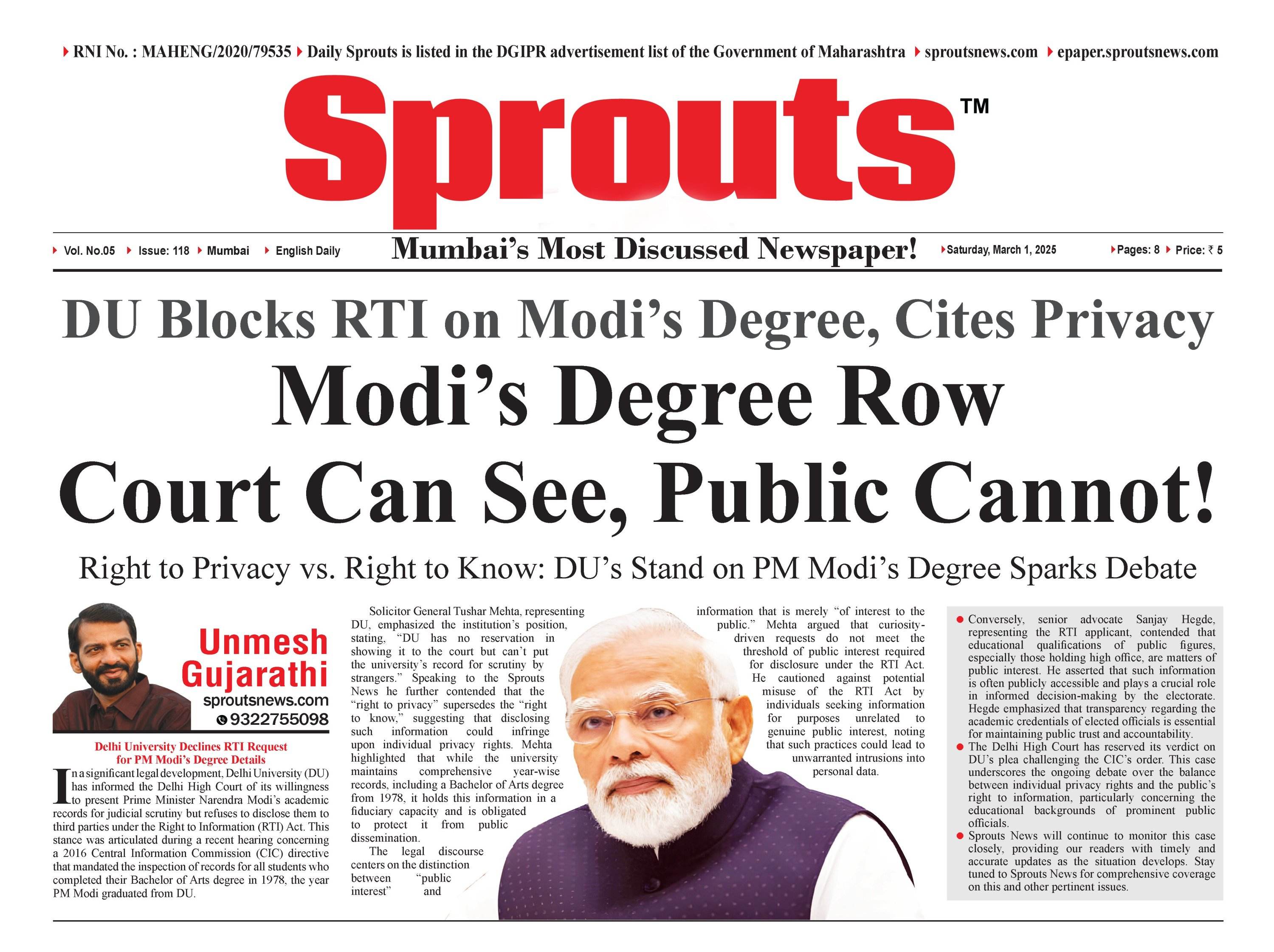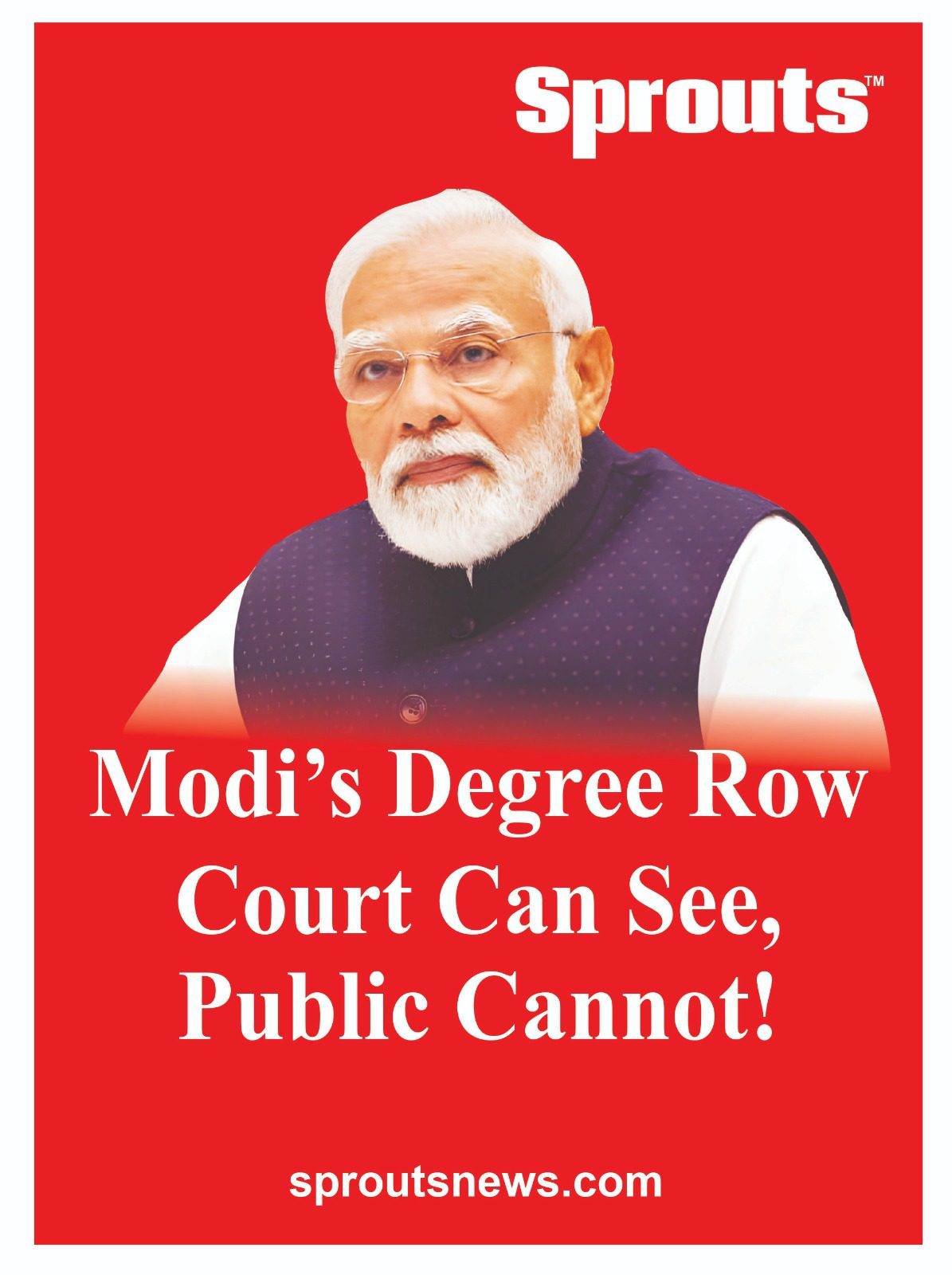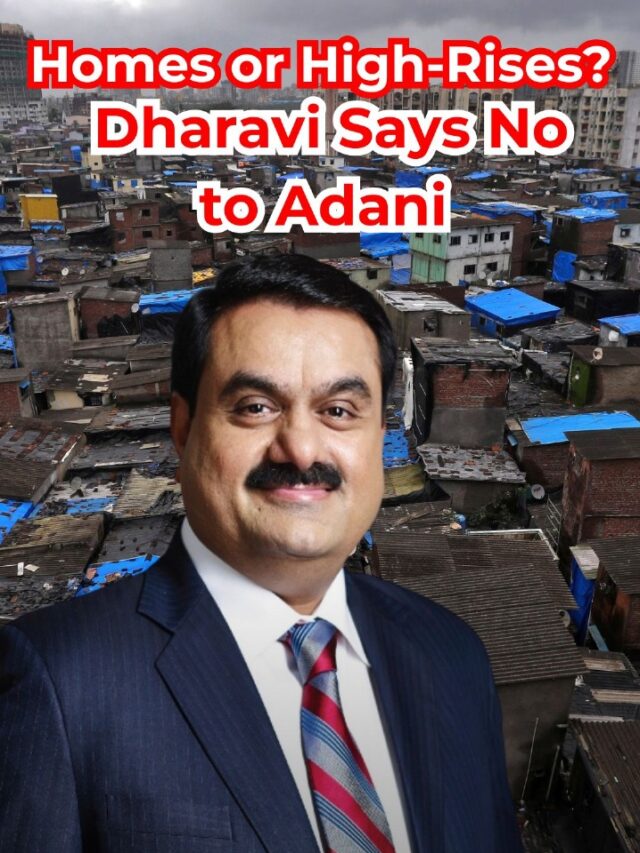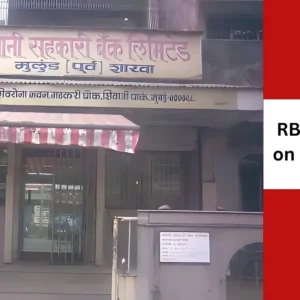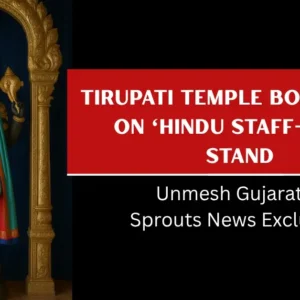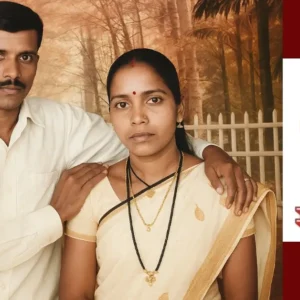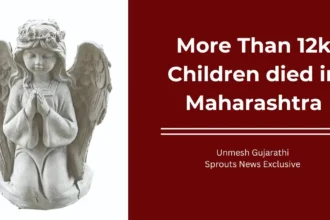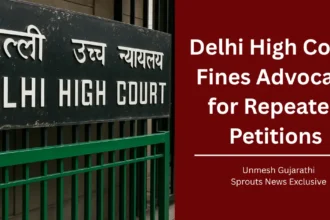• DU Blocks RTI on Modi’s Degree, Cites Privacy
• Right to Privacy vs. Right to Know: DU’s Stand on PM Modi’s Degree Sparks Debate
Unmesh Gujarathi
Sprouts News Exclusive
Delhi University Declines RTI Request for PM Modi’s Degree Details
In a significant legal development, Delhi University (DU) has informed the Delhi High Court of its willingness to present Prime Minister Narendra Modi’s academic records for judicial scrutiny but refuses to disclose them to third parties under the Right to Information (RTI) Act. This stance was articulated during a recent hearing concerning a 2016 Central Information Commission (CIC) directive that mandated the inspection of records for all students who completed their Bachelor of Arts degree in 1978, the year PM Modi graduated from DU.
Solicitor General Tushar Mehta, representing DU, emphasized the institution’s position, stating, “DU has no reservation in showing it to the court but can’t put the university’s record for scrutiny by strangers.” Speaking to the Sprouts News he further contended that the “right to privacy” supersedes the “right to know,” suggesting that disclosing such information could infringe upon individual privacy rights. Mehta highlighted that while the university maintains comprehensive year-wise records, including a Bachelor of Arts degree from 1978, it holds this information in a fiduciary capacity and is obligated to protect it from public dissemination.
The legal discourse centers on the distinction between “public interest” and information that is merely “of interest to the public.” Mehta argued that curiosity-driven requests do not meet the threshold of public interest required for disclosure under the RTI Act. He cautioned against potential misuse of the RTI Act by individuals seeking information for purposes unrelated to genuine public interest, noting that such practices could lead to unwarranted intrusions into personal data.
ALSO READ: CA DUPED OF Rs 1 Crore
Conversely, senior advocate Sanjay Hegde, representing the RTI applicant, contended that educational qualifications of public figures, especially those holding high office, are matters of public interest. He asserted that such information is often publicly accessible and plays a crucial role in informed decision-making by the electorate. Hegde emphasized that transparency regarding the academic credentials of elected officials is essential for maintaining public trust and accountability.
The Delhi High Court has reserved its verdict on DU’s plea challenging the CIC’s order. This case underscores the ongoing debate over the balance between individual privacy rights and the public’s right to information, particularly concerning the educational backgrounds of prominent public officials.
Sprouts News will continue to monitor this case closely, providing our readers with timely and accurate updates as the situation develops. Stay tuned to Sprouts News for comprehensive coverage on this and other pertinent issues.

